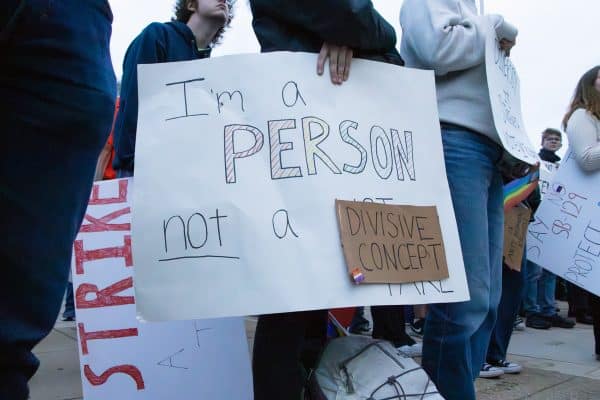Credit cards need to be cut
January 28, 2020
Around the time we were in our sophomore years of high school, we began to receive letters advertising credit cards. The fact that a letter was sent to us at the time seemed a little nice, if not at the very least interesting. Think about it: Who would be so bold as to send a nation full of about 16-year-olds who, understandably, have little knowledge of how credit works, advertisements for tools that if used incorrectly can result in crippling debt? A single card can, in a very short time, result in massive debt to any individual who owns it, so the answer is simple: Avoid them at all cost.
“It’s not that simple,” you’re thinking. “Credit cards are necessary to build credit itself, which is needed for loans, house purchases, etc. If you can’t handle the responsibility of a credit card or don’t know how the systems work, then you shouldn’t get one.” You’d be correct in thinking this way. Engaging in any big decision, especially a financial decision, should be backed by a massive amount of knowledge and research. No one forces you to sign the contract. Furthermore, credit cards, when used optimally, are one of the best ways to accrue credit – a major component in wealth generation. So yes, credit cards aren’t evil and they can be positive influences wherever they’re used, if they’re used correctly.
But let’s engage in a mental exercise about the situation. Credit cards are tools that can be of massive benefit or hindrance to a person’s wealth. You don’t have to learn anything about them for them to be bad; it requires no effort to be impulsive with spending sprees or large purchases that would normally be out of your spending range. However, it would take an arguably above-average amount of restraint and knowledge to use credit cards optimally. You should devote as much time as necessary to understanding this system so that you can use it to your advantage.
As this is a column published in a college newspaper, I would bet that not everyone reading this has ample amounts of time to devote to learning as much information as needed. I would also be willing to bet that most students didn’t learn a reasonable amount about credit cards since it isn’t something taught in a lot of schools. An interesting piece of information comes into play at this point in our analysis. “The Ascent” reported that the average age for acquiring a person’s first credit card is 20 years old. Give or take a few years, and we see that new high-school graduates are the primary recipients of new credit cards. Here we see that credit cards are initially advertised to people who wouldn’t know what they are and that they’re taken up by people who didn’t really have much time to learn. It is unsurprising that Debt.org reports that credit card debt is sitting at a staggering $839.6 billion.
So we have a number of reasons to believe that credit cards are at the very least taken up by people who never had much of a shot to learn. This obviously would lead to massive debt that doesn’t go away. With all of this information easily accessible, I don’t feel bad making the assumption that the companies know this and target young students, knowing that they will stumble into a system that is at the very least grossly unethical.











